When it was first announced, I was immensely excited for The Witcher TV show. I adored the game, The Witcher 3, and was loving what I read in the books so having a show that adapts my favorite fantasy world had me over the moon. After the first season came out, the show was met with massive success. I, however, was not as enthusiastic. I wasn’t a fan of pretty much everything the show did, from altering the personalities and fates of important characters for cheap shock value to displaying a complete misunderstanding of the source material; I just wasn’t pleased with the show.
When season two rolled around I decided to give the show a second chance but was only met with even more anger and disappointment as I saw some of the best characters in the franchise absolutely butchered in service of half-baked character arcs that didn’t need to happen. After this season, all my excitement and hope for the franchise was gone. I was convinced that there was no redeeming this show.
This summer, season three came out, and I decided to give this show one last shot. I originally planned to do a full review of season three, but after watching three episodes, I just couldn’t take it anymore. While it’s a marginal improvement over season two, it still suffers from the same fundamental issues that have plagued the whole show. I do not kid or exaggerate when I say that this show butchers The Witcher series on the same level that Game of Thrones season eight did for A Song of Ice and Fire.
At every turn, the writers and producers of this show display the highest level of incompetence and lack of reading comprehension for these books. This isn’t a situation where everyone just says that the book is better, but the adaptation is fine; this show just doesn’t understand the books at all and in their process of making their own take on this world, the writers have completely obliterated everything that makes it special.
First, the show just does not understand the core themes of The Witcher, especially the theme of destiny. The show constantly goes on about destiny this, destiny that, but it doesn’t get that destiny plays a very small role in the books. It says how Geralt, Ciri, and Yennifer are bound by destiny but the whole point of this thread in the books is that human relationships cannot be defined by some vague idea of destiny. These characters are drawn to each other because they grow a valuable connection to each other, not because magic makes them care for each other.
The short story where Geralt and Ciri reunite, culminating in a loving embrace, is quite literally titled Something More which implies that their relationship is defined by a genuine concern and care for each other and not destiny. The show even has Geralt use the line “something more,” but it fundamentally misunderstands the point of that story and by extension, his entire relationship with Ciri. Even the games do a better job of paying homage to this story by placing it in the context of a scene where Geralt shows how much Ciri means to him, and these games take place over 15 years after the first two books.
This problem is also apparent in Geralt’s relationship with Yennifer. The show implies that their magic bond is the reason that they are in love, but the books pretty heavily imply that while their fates are bound together, their relationship is not forged with magic. The Witcher 3 demonstrates this very clearly and obviously, yet the writers who owe the show’s existence to that game somehow cannot comprehend that concept.
They focus so much on how these characters are magically bound together by destiny that it cheapens their relationships and makes them feel much more hollow. These books rely heavily on criticizing generic fantasy tropes, especially the idea of destiny, and yet this show falls into all the same tropes that the books criticized.
The show also completely butchers its social commentary. No, I’m not going to go on a rant about the “woke” agenda of the writers or that they are politicizing The Witcher because this has always been a political franchise, almost by definition. The main character is seen as a freak and ostracized by most of society, so of course, it will play into political themes. The problem with how the show is that it is completely inconsistent with how it handles its social commentary and doesn’t give most of it the time and thought it deserves.
Prejudice, racism, and sexism are all core themes of the franchise, and the show understands that, but it doesn’t understand the lens through which these issues were viewed in the books. The show decides to take a more simplistic and Americanized approach which not only strips these issues of nuance but also hurts its overall message. The writers explicitly state that they delved into themes relating to American imperialism and colonialism when the original stories were made to reflect European and Polish history. By viewing the series through an Americanized lens, they fall victim to the very imperialism they stand against by appropriating a Polish series to talk about American issues instead.
The show glosses over the bad things the elves have done throughout history to make them seem more like the sympathetic victims who were betrayed and subjugated by humans, but by doing this, they have stripped the elves of any nuance because the books show that the Elves are just as culpable of horrid acts and genocide in the past. They are still very much victims in the books, but it doesn’t take quite as simple of a stance as the show does, and it makes the whole conflict between humans and elves seem much cheaper. The books show that prejudice creates an irrational cycle of violence, radicalization, and genocide that drives civilization into complete chaos. The show, however, just sees humans as colonists and elves as indigenous folk, which strips any nuance from the original stories.
This is only further displayed by how they treat nearly all the royalty in this show. In short, they are all greedy, slimy, prejudiced maniacs who are more caricatures than actual characters. King Foltest of Temeria is portrayed as this gluttonous slob and a lazy king when, in the books, he’s someone who can inspire his subjects and presents himself in a kingly manner. That’s not to say he doesn’t have skeletons in his closet (trust me, he certainly does), but the books don’t just take a black-and-white stance on him as the show does. Ciri’s grandmother, Queen Calanthe of Cintra, is portrayed as a genocidal maniac towards the elves despite being the exact opposite in the books, where she teaches Ciri to be more accepting of other people. Even King Vizimir of Redenia is portrayed like a bumbling fool despite being an incredibly intelligent ruler in the books.
In taking a black-and-white view of these conflicts, the show completely forgets about how a flawed understanding of different cultures can lead to prejudices on both sides. They shy away from the supremacist attitudes of the elves, but it also rips them of their own culture and agency. The show goes out of its way to try to show that humans and elves are essentially the same but in the books, they are very much different from a cultural perspective. The elves let plants and vegetation grow in their cities, which made them think sprawling human cities were crude and ugly, while humans believed their architecture to be more impressive. Very small examples like that add up over time and create rifts between different cultures that eventually lead to systemic violence toward each other. The show portrays them as innocent victims, while the books say that they could very well do the same thing in the future because of these cultural misunderstandings.
Some systemic issues are also so poorly portrayed that they are not only unfaithful to the source material but also reinforce the bigotry that the writers wanted to prevent. For example, the dopplers in the books were a metaphor for how LGBT+ people are repressed and forced to hide their true selves. In the show, the first one you see is a serial killer who likes preying on children. The portrayal of dopplers in this show is simply homophobic in every sense of the word.
Just as bad is its irresponsible depiction of self-harm and suicide. They delve heavily into Yennifer’s backstory, which shows her multiple times severely depressed and suicidal, so what does the show do? It glances over these incredibly personal and tragic events and instead uses imagery that implies self-harm is actually a good thing and can be used to cause positive transformation, as is depicted in the scene where Yennifer transforms her body to fit with conventional beauty standards. I know the creators weren’t trying to be malicious about these things, but when you are covering these very serious topics, you have an obligation to treat them with the time and reverence they deserve.
I could go on and on about all my grievances with this show, but I would be here all day. Netflix’s The Witcher is an insult to fans of this series, whether they come from the books or the games. This show displays a complete misunderstanding and disregard for the source material and crafts a show that is nearly unrecognizable in every way. Do not watch this awful show.


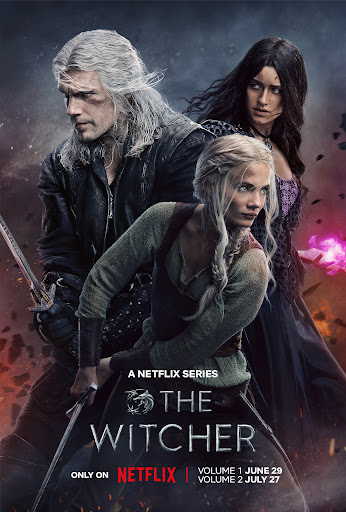
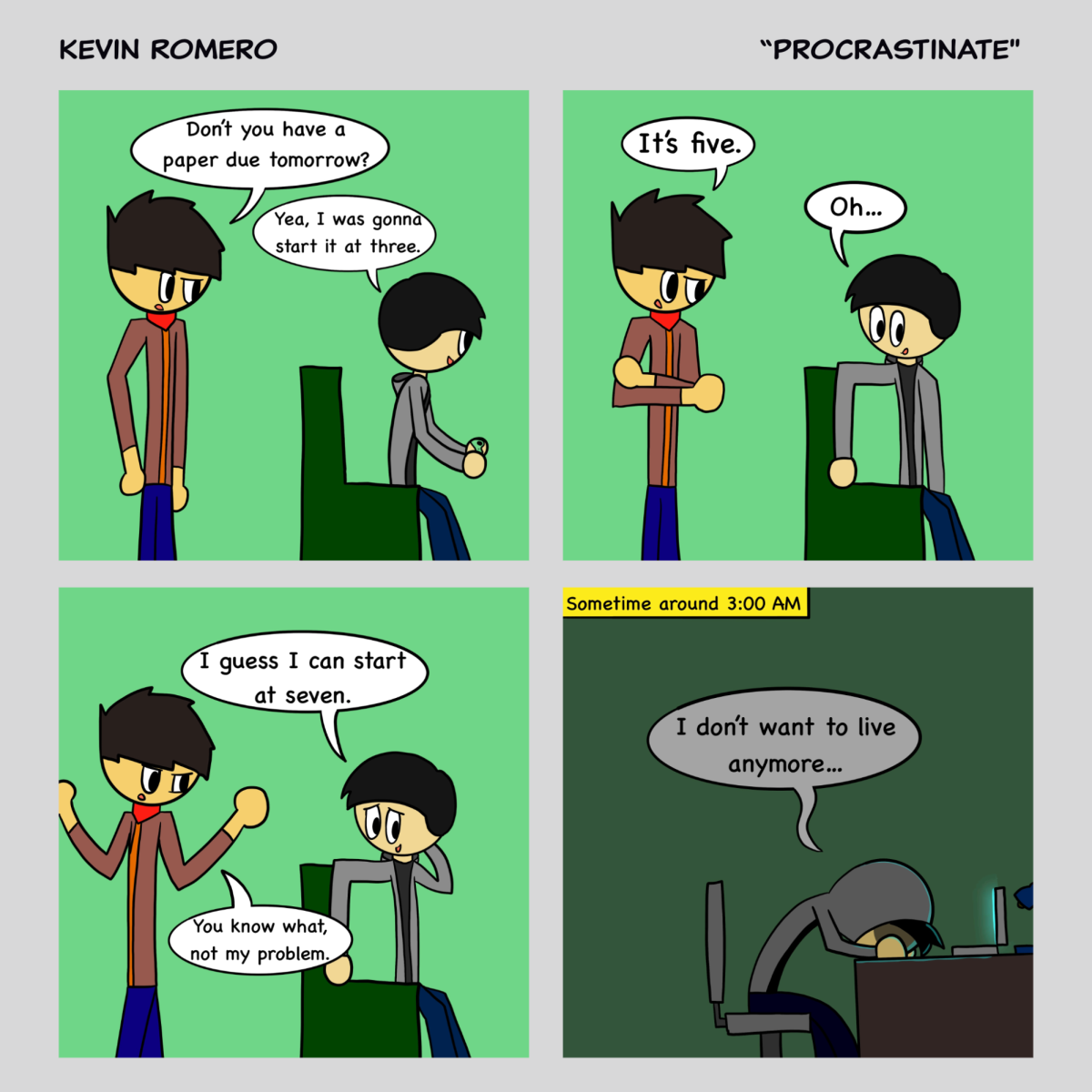
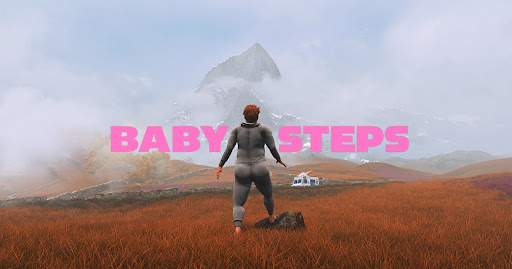
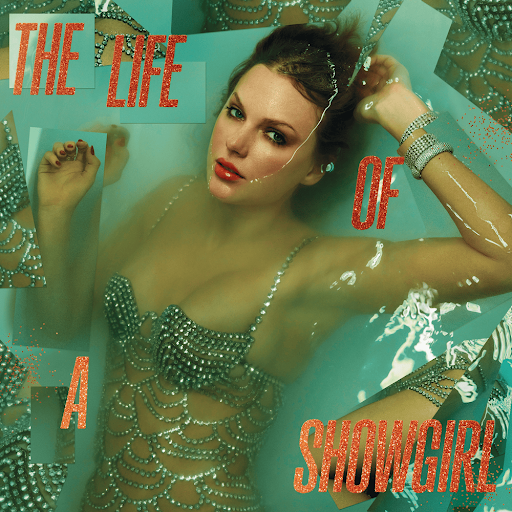

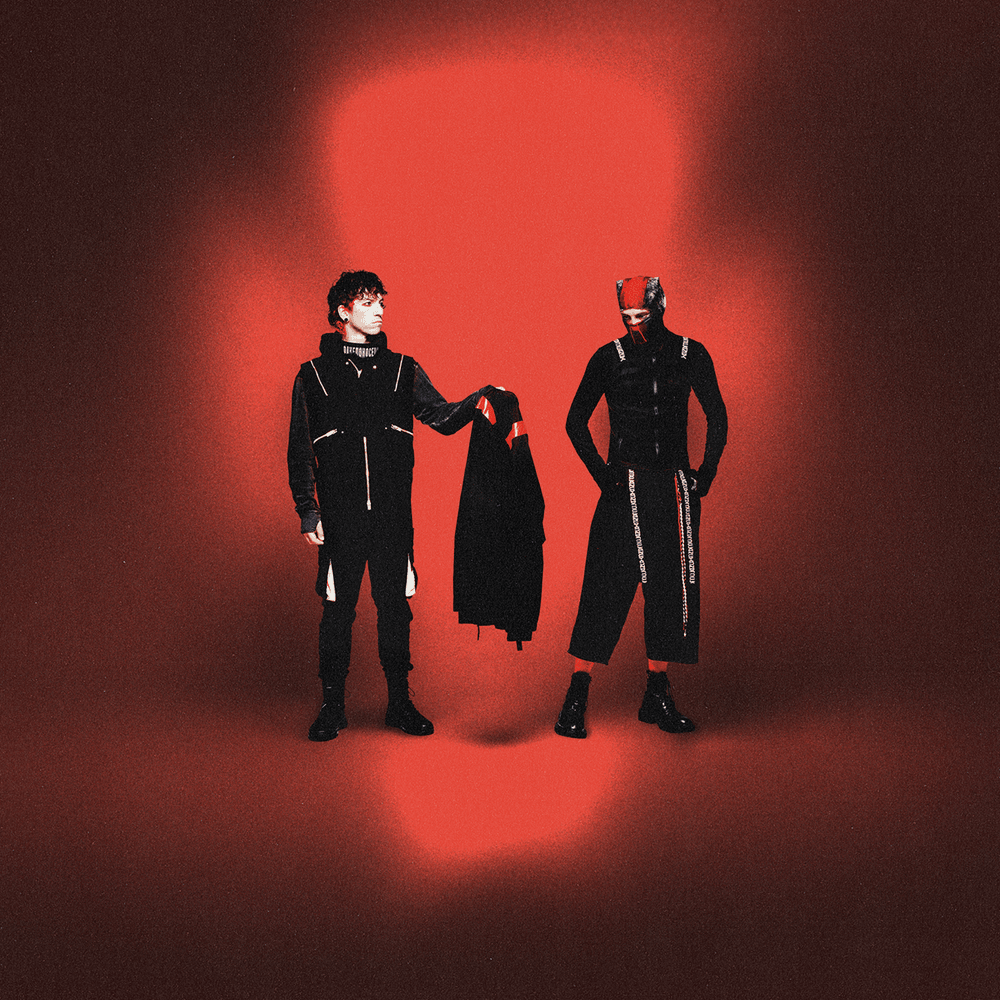


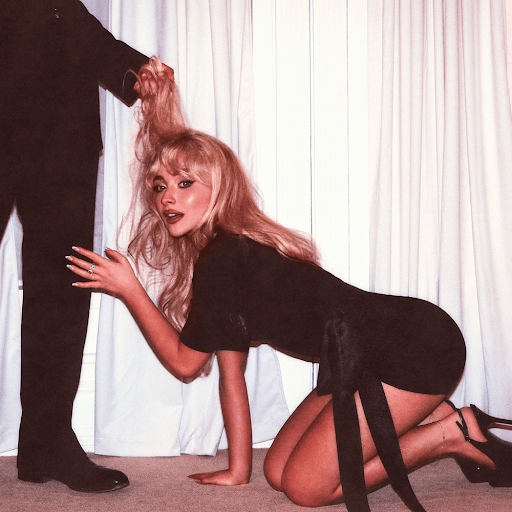
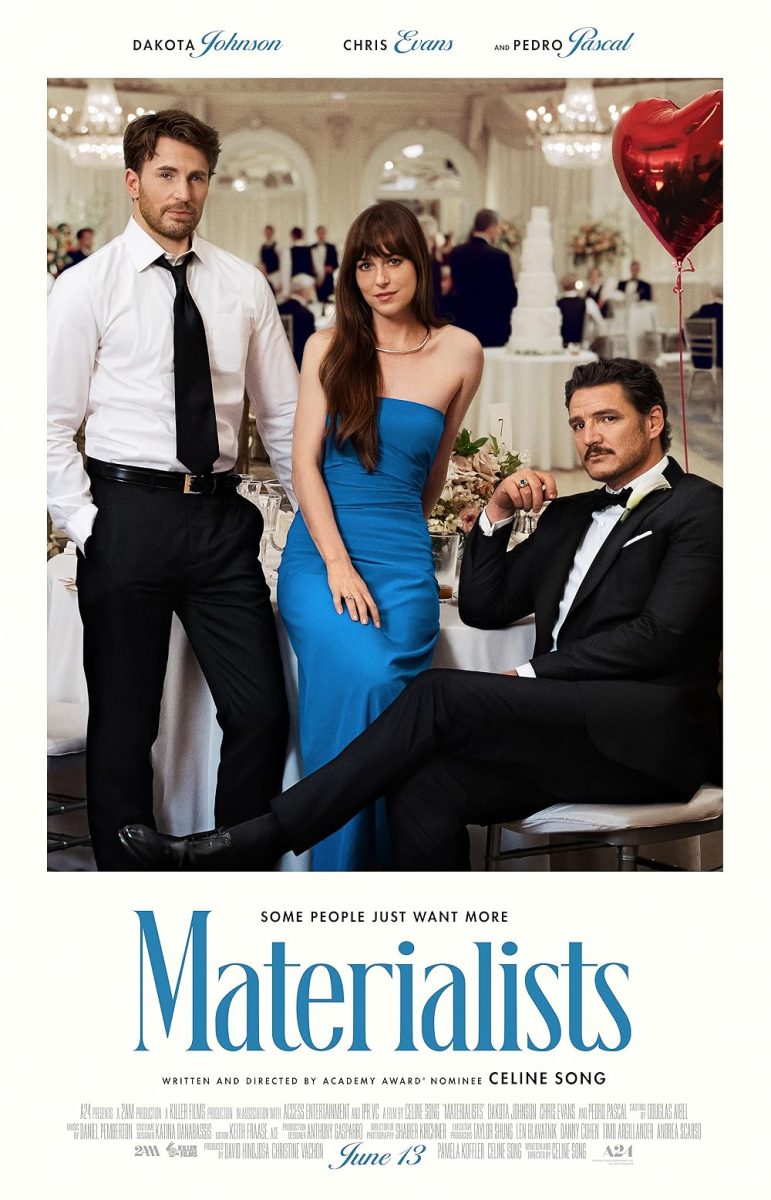

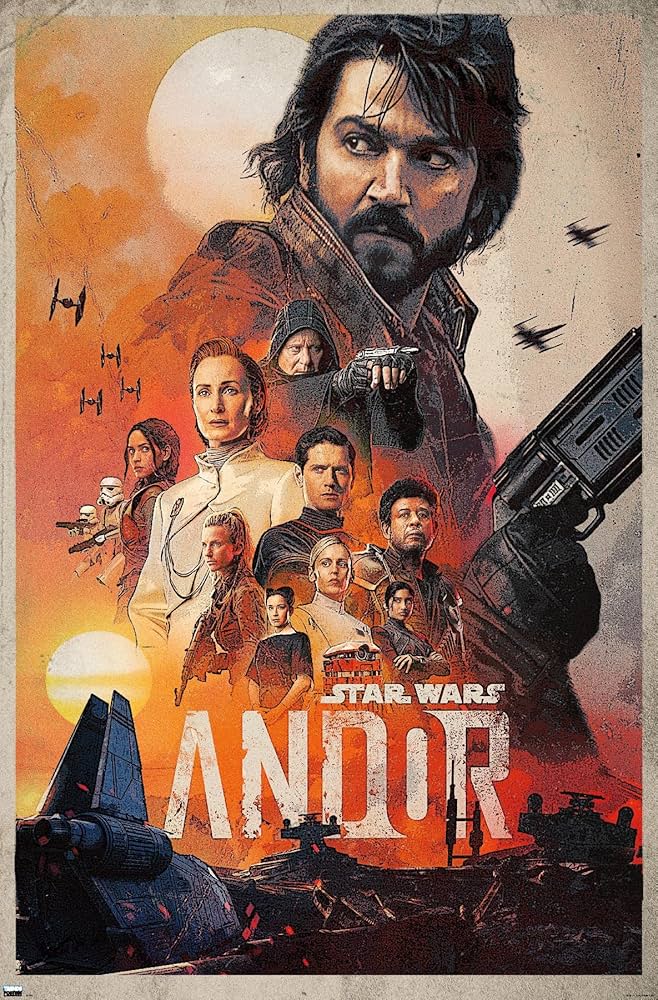
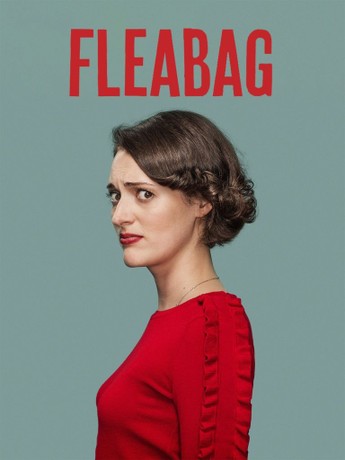
Peter Broadway • Jun 8, 2025 at 9:54 am
Not having read the books, I loved this series. It is like fans if the Last of Us game often detest the TV adaptation but many live the series as it is. I guess the Witcher TV series shows how good the books and games are but can not satisfy hardcore gamers.
Jaromír Jurkovič • Aug 5, 2025 at 8:54 am
It’s not about hardcore gamers. I totally agree that what is the worst is how they changed the characters. Queen Calanthé’s personality was butchered in every sense of that word when instead of proud, intelligent, respectful lioness of Cintra we get something that looks like drunken, aggressive brat. She wasn’t lioness because she won fights or was cruel. She was lioness because of her posture and majesty. I shivered every time she was in the book (twice) and I cursed every time she appeared in the series (also twice). The same goes for Renfri, Pavetta, Ciri,…
Dandelion looks the same, but let’s be honest – he’s the easiest character and as such can’t be done wrong.